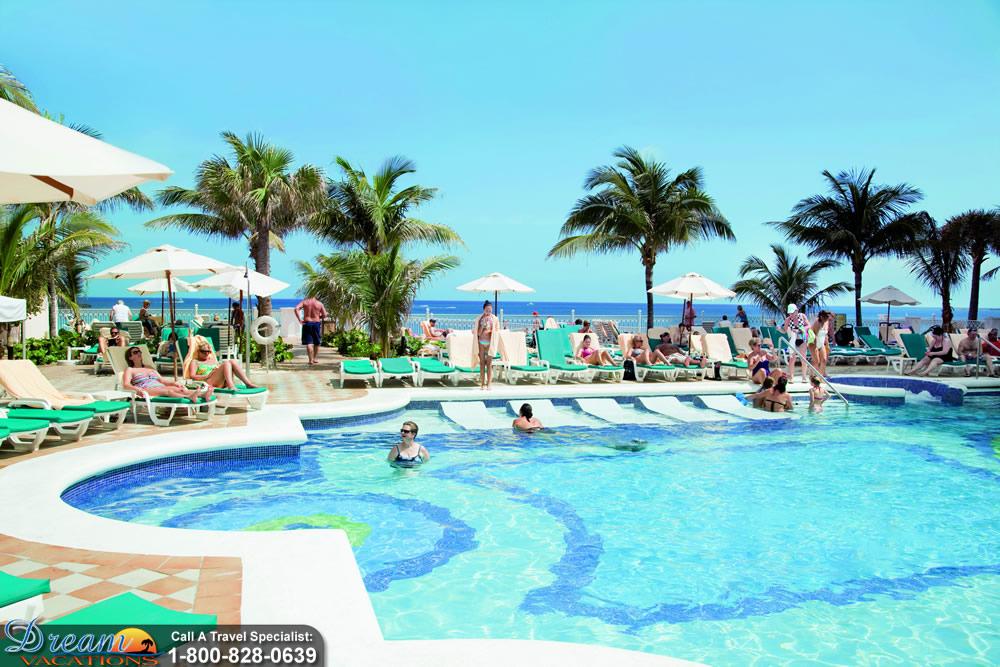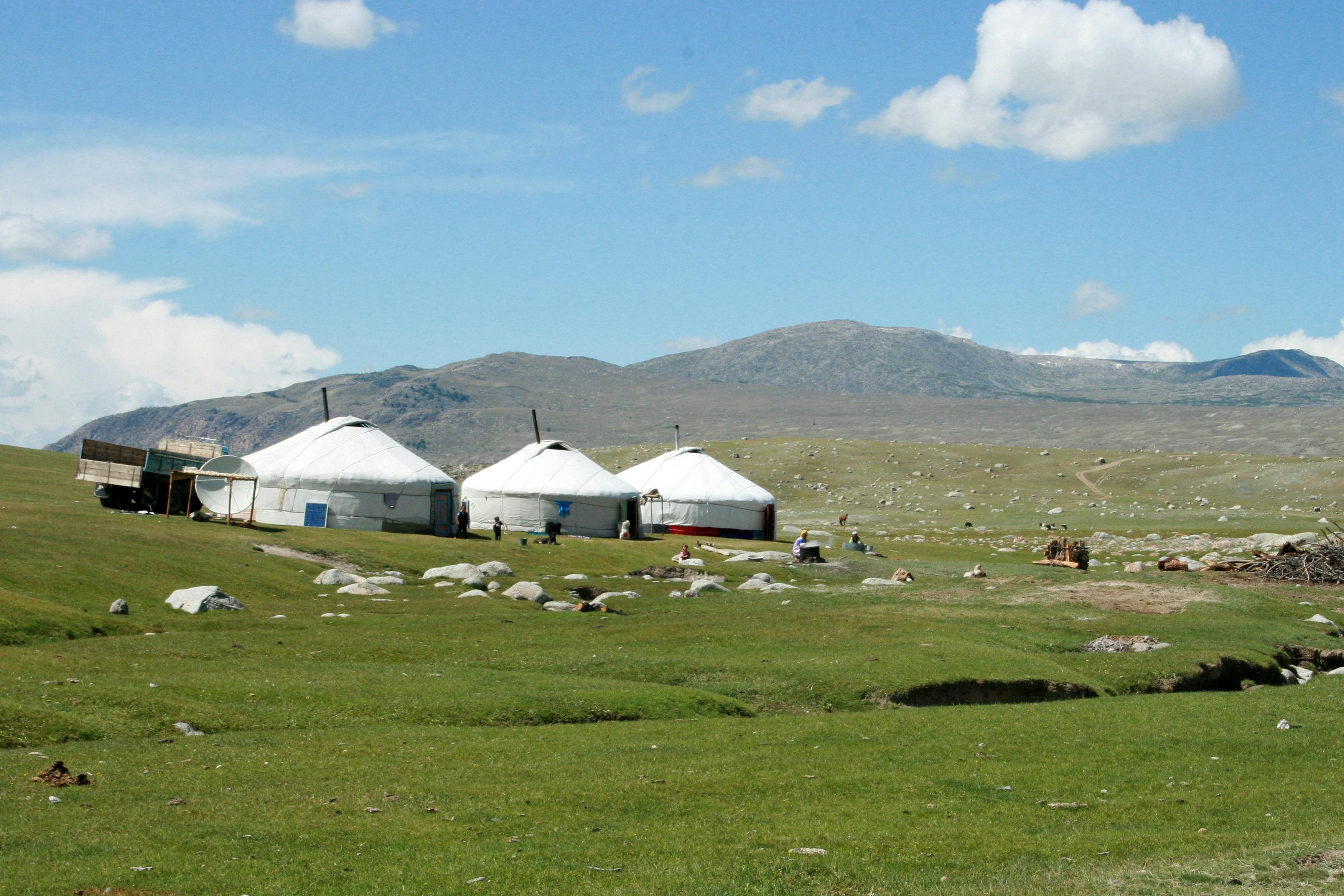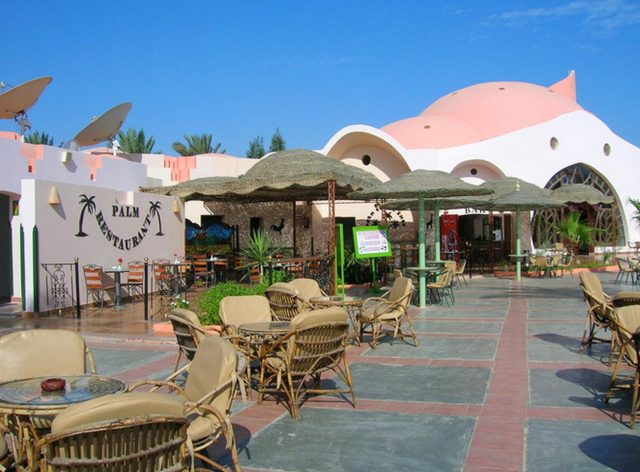The sun dips below the horizon, painting the sky in hues of orange and pink, as waves gently kiss the sandy shores of a tropical paradise. This serene setting, a hallmark of all-inclusive resorts, promises travelers an escape from reality—a world where everything is provided, and nothing is left wanting. Yet, beyond the manicured lawns and infinity pools, a more complex narrative unfolds. As these sprawling resorts continue to rise along the coastlines, questions surface about their true impact on the local economies that surround them. Are these self-contained havens of leisure inadvertently casting a shadow over the very communities they neighbor, or do they serve as vital economic engines? This article delves into the intricate dance between prosperity and preservation, exploring whether the allure of all-inclusive resorts is ultimately a boon or a bane for the coastal areas they inhabit.
Impact on Local Employment and Economic Structures
The proliferation of all-inclusive resorts in coastal areas can significantly influence local employment and economic frameworks. On one hand, these resorts create a multitude of job opportunities ranging from hospitality roles to maintenance and management positions. Job creation is a critical advantage, especially in regions where tourism is a primary economic driver. However, the quality and sustainability of these jobs often come into question. Many of these positions are seasonal, offer low wages, and lack benefits, leaving workers in precarious financial situations once tourist seasons wane.
Moreover, the economic structure of these regions can become skewed, with local businesses struggling to compete against the all-encompassing services provided by resorts. Local restaurants, shops, and tour operators might see a decline in patronage as tourists opt to stay within the confines of the resort. This shift can lead to a dependency on a single industry, making the local economy vulnerable to fluctuations in tourism trends. Additionally, the profits generated by these resorts often benefit international corporations rather than the local community, further exacerbating economic disparities.

Balancing Tourism Growth with Sustainable Development
In recent years, the allure of all-inclusive resorts has captivated travelers seeking a seamless vacation experience. However, this trend raises questions about its impact on local economies, especially in coastal regions. While these resorts promise convenience and luxury, they often operate in isolation, offering everything from dining to entertainment within their walls. This can lead to tourists spending the majority of their time and money inside the resort, potentially depriving local businesses of much-needed revenue.
- Economic Leakage: A significant portion of the profits from all-inclusive resorts often flows back to the parent companies located abroad, limiting the economic benefits for the local community.
- Employment vs. Empowerment: While these resorts do provide jobs, they are frequently low-paying and lack opportunities for career advancement, which can lead to economic stagnation for local workers.
- Local Culture and Heritage: The homogenized experience of all-inclusive resorts may overshadow the rich cultural heritage of the area, discouraging tourists from exploring authentic local attractions.
For coastal regions striving to balance tourism growth with sustainable development, it is crucial to foster partnerships between resorts and local businesses. By creating synergies that encourage guests to venture beyond resort boundaries, there is potential to invigorate local economies while preserving the cultural and environmental integrity of these stunning locales.

Strengthening Community Involvement in Resort Planning
Engaging local communities in the planning and development of resorts is essential to ensure that their voices are heard and their needs are met. Community involvement can be fostered through regular town hall meetings, open forums, and workshops that encourage dialogue between resort developers and local residents. By integrating local perspectives and cultural insights, resorts can better align their operations with the community’s economic and social goals.
- Participatory decision-making: Involving locals in the decision-making process can lead to more sustainable and inclusive outcomes.
- Cultural preservation: Ensuring that resort activities respect and incorporate local traditions and customs can enhance cultural exchange and appreciation.
- Economic empowerment: Prioritizing local hiring and sourcing can stimulate the local economy and create job opportunities.
Moreover, transparent communication channels can help address concerns about environmental impacts, land use, and resource allocation, fostering a sense of shared responsibility and mutual benefit. By prioritizing community engagement, resorts can become catalysts for positive change, ensuring that tourism development contributes to the well-being and prosperity of coastal areas.
Recommendations for Enhancing Positive Economic Contributions
To foster a more symbiotic relationship between all-inclusive resorts and local economies, it’s crucial to implement strategies that prioritize community engagement and sustainable practices. One effective approach is encouraging resorts to source goods and services locally. This can include partnering with local farmers, artisans, and service providers, thereby injecting more revenue into the surrounding community and promoting regional craftsmanship.
- Support Local Enterprises: Resorts can dedicate spaces for local vendors within their premises, allowing guests to experience authentic products and services directly from the community.
- Collaborative Initiatives: Establishing joint ventures between resorts and local businesses can lead to innovative offerings that benefit both parties and provide unique experiences for visitors.
- Community-Based Programs: Implementing programs that focus on skill development and employment opportunities for local residents can empower the community and reduce economic disparity.
Furthermore, integrating educational tours that highlight the cultural and historical significance of the area can attract more visitors to explore beyond the resort boundaries, driving economic activity in the wider region. By adopting these practices, all-inclusive resorts can transform into catalysts for positive economic growth, ensuring their presence is a boon rather than a burden to coastal communities.
To Wrap It Up
As the sun dips below the horizon, casting a golden hue over the tranquil waters, the debate about all-inclusive resorts and their impact on local economies in coastal areas remains as vast and deep as the ocean itself. Like the ebb and flow of the tides, opinions vary—some argue these resorts bring much-needed revenue and employment opportunities, while others contend they siphon off cultural authenticity and local business potential. The truth, perhaps, lies somewhere in between, where balance and mindful collaboration can coexist, fostering sustainable tourism that nurtures both the visitor and the host. As we ponder the future of these paradisiacal havens, let us not forget that the real treasure lies in the delicate harmony between prosperity and preservation. The journey to achieving this balance may be complex, but with thoughtful dialogue and innovative solutions, we can navigate these waters towards a brighter, more equitable horizon for all.


































